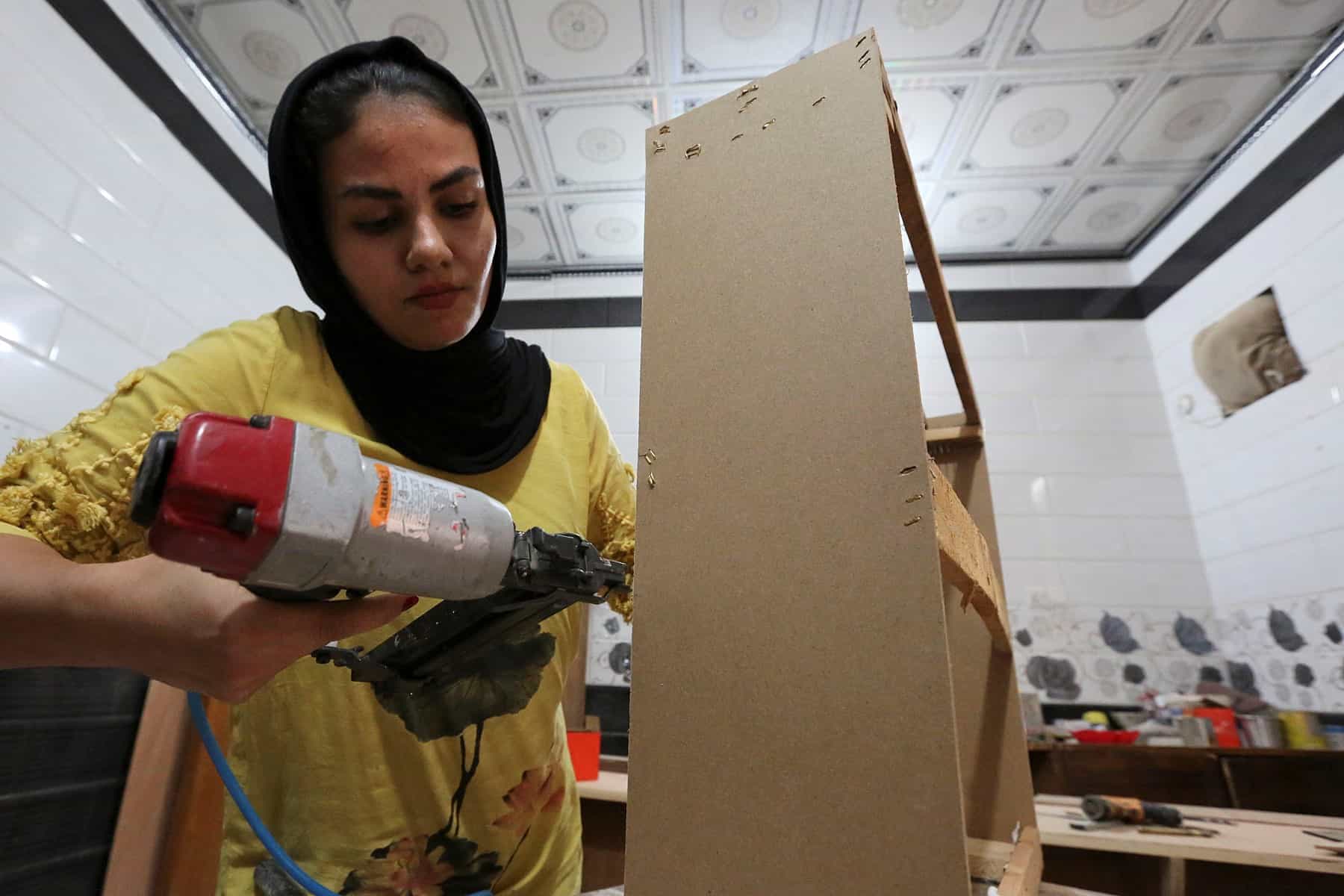Dubai, UAE — Despite ongoing discussions about gender equality’s importance in the workplace, a new report by Deloitte reveals persistent struggles for many women.
The “Women @ Work 2024: A Global Outlook” report, the fourth in the series, surveyed over 5,000 women in 10 countries. It explores their experiences and perspectives on work-life balance, mental health, and safety in the workplace, according to an article published by the World Economic Forum (WEF)
Across the countries surveyed (Australia, Brazil, Canada, China, Germany, India, Japan, South Africa, the United Kingdom and the United States), a clear trend emerges: Despite widespread cultural and contextual differences, many women around the world are experiencing similar challenges in and out of the workplace, the WEF article reads. At best, workplace progress when it comes to gender equality appears to be stagnating.
Stress and long working hours take a toll on mental health
Half of women say their stress levels are higher than they were a year ago, and a similar number say they’re concerned or very concerned about their mental health. Mental health is among the top concerns for women globally, with an average of 48 percent of women citing this as their top concern, falling only behind their financial security (51 percent) and women’s rights (50 percent). Around half of women do not believe that their employer provides adequate support for their mental health at work.
Household responsibilities affect women’s careers
Women are feeling the weight of misbalanced caregiving and domestic responsibilities. Notably, 50 percent of women globally who live with a partner and have children say they take the most responsibility for childcare – up from 46 percent in 2023, with only 12 percent saying this falls to their partner. This year also saw a concerning increase in women taking the greatest responsibility for caring for another adult: 57 percent said they are primarily responsible for this, while only 6 percent say this falls to their partner. This imbalance continues even for those women who are the primary household earners.
The result of this disproportionate allocation of responsibilities not only makes it more challenging for women professionally but also potentially creates a vicious cycle reinforcing the gender pay gap, the article reads.
Meanwhile, fewer than half of women feel supported by their employers in balancing their work responsibilities with commitments outside work.
Many women experience threats and non-inclusive behaviors at work
Nearly half of the women say they are worried about their personal safety at work or when commuting or travelling for work. Once again, while there are varying degrees of concern among respondents in the countries surveyed, the trend is largely consistent across markets.
These concerns may be founded on actual incidents: One in 10 women who are concerned about their personal safety say they have been harassed while commuting or travelling for work; 16 percent deal with customers or clients who have harassed them or behaved in a way that has made them feel uncomfortable.
More ‘Gender Equality Leaders’ are needed
As with previous years, the research found a small number of women who work for organizations that enable inclusion, support work/life balance and focus on meaningful career development. These organizations are referred to as the Gender Equality Leaders.
Women who work for these organizations report higher levels of loyalty toward their employer and productivity, feel safer, are more comfortable talking about their mental health at work, and can work flexibly without damaging their careers. However, Gender Equality Leaders remain few and far between: Only 6 percent of women across all countries surveyed work for these organizations—only a one percentage point increase over last year.
The data from this year’s survey provides insight into the challenges that women face both within and outside the workplace—and it provides data-driven insight into solutions. These can include recognizing the importance of normalizing conversations around mental health in the workplace, understanding and addressing the causes of workplace stress, embedding family-friendly policies and enabling work/life balance, understanding and addressing women’s workplace safety concerns, or addressing non-inclusive behaviors and enabling women to feel able to speak up without concern.








